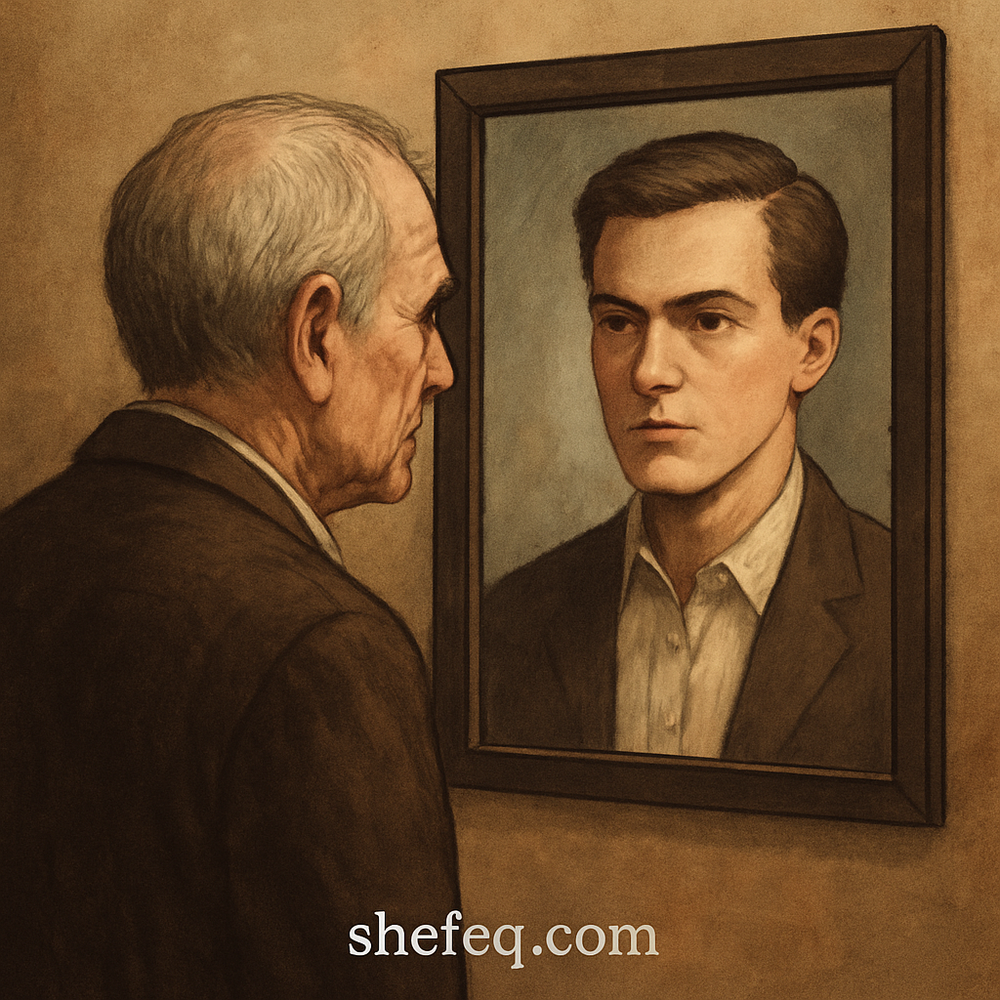INTRODUCTION: Is it what we see or what we remember?
Everyone has a memory. But everyone has a different memory of the same event. One incident occurs — five people witness it — five different versions emerge. So, which one is true? Or maybe none?
In this article, we will explore the psychological nature of memory, how it is formed, altered, and sometimes distorts reality. Because memory is not just about “remembering” — sometimes, it is a faithful friend that deceives us.
CHAPTER I: What is memory?
1.1. Definition and mechanism
Memory is the process of collecting, storing, and retrieving information when needed. Without this function of the brain, we wouldn’t know our names or who we are.
Memory consists of three main stages:
-
Encoding (receiving the information)
-
Storage (retaining in the brain)
-
Retrieval (recalling later)
1.2. Types of memory
-
Short-term memory – may last just a few seconds
-
Long-term memory – can persist for years
-
Episodic memory – personal experiences (e.g., wedding day, childhood moments)
-
Semantic memory – general knowledge (e.g., capitals, names)
-
Working memory – information currently in focus
CHAPTER II: How is memory formed?
2.1. Emotion-related memory
Events accompanied by strong emotions are stored more firmly.
-
Love – remembered along with scent
-
Fear – encoded with the environment
-
Trauma – sometimes “freezes” in memory
2.2. The brain’s role – Hippocampus and Amygdala
-
Hippocampus – main storage center of memory
-
Amygdala – related to emotional memory (especially fear and danger)
2.3. Memory is selective
The brain doesn’t store everything. Relevant, emotional, or frequently repeated data is prioritized. The rest is erased or blurred.
CHAPTER III: How does memory change reality?
3.1. Distorted memory
When a person rethinks an event, they change it. Every recall is a kind of “editing.”
Example:
You fell as a child. Each time you tell the story, the pain increases, the details change. After 10 years, the memory becomes a narrative, not a fact.
3.2. False memories
Sometimes people remember events that never happened.
Famous example:
You’re not in a family photo, but everyone says you were there.
Eventually, you start to believe: “Yes, I was there.”
This is memory created by collective influence and repetition.
3.3. Mental editing – memory reconstruction
The brain fills in the gaps of events with its own assumptions.
If a real detail is forgotten, your brain says: “At least make up a fitting scenario.”
CHAPTER IV: The psychological functions of memory
4.1. Foundation of identity
Memory is the answer to the question “Who am I?”
If our memory were erased:
-
What would we love?
-
Who would we resent?
-
Whom did we marry?
We would know nothing. Memory is the core of personality.
4.2. Self-protection and defense
Sometimes the brain suppresses painful memories — this is a defense mechanism. But these memories stay in the subconscious and appear through:
-
Nightmares
-
Phobias
-
Emotional reactions
CHAPTER V: The processing of memories
5.1. Memories change over time
With time, events are:
-
Forgotten
-
Filtered
-
Softened
-
Rewritten
Thus, memory is not static — it is fluid.
5.2. Feeling is remembered more than the event
Sometimes a person forgets what happened, but remembers how they felt.
Example:
You forget what you wore that day, but not the cold, indifferent look someone gave you.
CHAPTER VI: Collective memory and manipulation
6.1. Mass memory
Societies also have memories: wars, disasters, leaders, revolutions...
These memories can be altered or guided through:
-
Propaganda
-
Educational systems
-
Media influence
History then becomes not reality but a political memory.
6.2. "Implanted memory" techniques
In scientific experiments, people are:
-
First reminded of real events
-
Then given a false one
And 30% of them accept the false event as their own memory!
CHAPTER VII: Memory and psychological disorders
7.1. Post-Traumatic Stress Disorder (PTSD)
After a severe trauma, the person cannot escape the memory.
The brain replays the image, the sound, the fear — again and again.
7.2. Dissociative amnesia
Some people, after emotional breakdowns, forget part of their life.
This is the body’s way of “self-protection.”
7.3. Alzheimer’s and memory decline
Gradual memory loss leads to forgetting who you are.
It is not just the loss of data — it is the loss of identity.
CHAPTER VIII: The confrontation between memory and reality
8.1. What is the truth — memory or reality?
Sometimes we believe in the memory, not in the fact.
If you say:
“This didn’t happen.”
They respond:
“Maybe… but that’s how I remember it.”
8.2. Eyewitness – the most unreliable witness
Studies show that eyewitness statements are often wrong.
Stress, fear, and leading questions can distort memory.
CONCLUSION: Memory – ambassador of truth or need?
-
Does memory deceive us? — Yes.
-
Does memory protect us? — Yes.
-
Does memory shape us? — Without a doubt.
Our memory is not a copy of reality, but a version edited by our subconscious.
Memories are not just traces of the past — they are sometimes the rudder of our future.
Question & Feedback
Do you think all our memories are true?
Or does the brain alter them to protect us?
Have you ever thought: “This didn’t happen, but I truly believe it did…”?
Share your thoughts — because every memory is a mirror, but sometimes, it fogs over.

